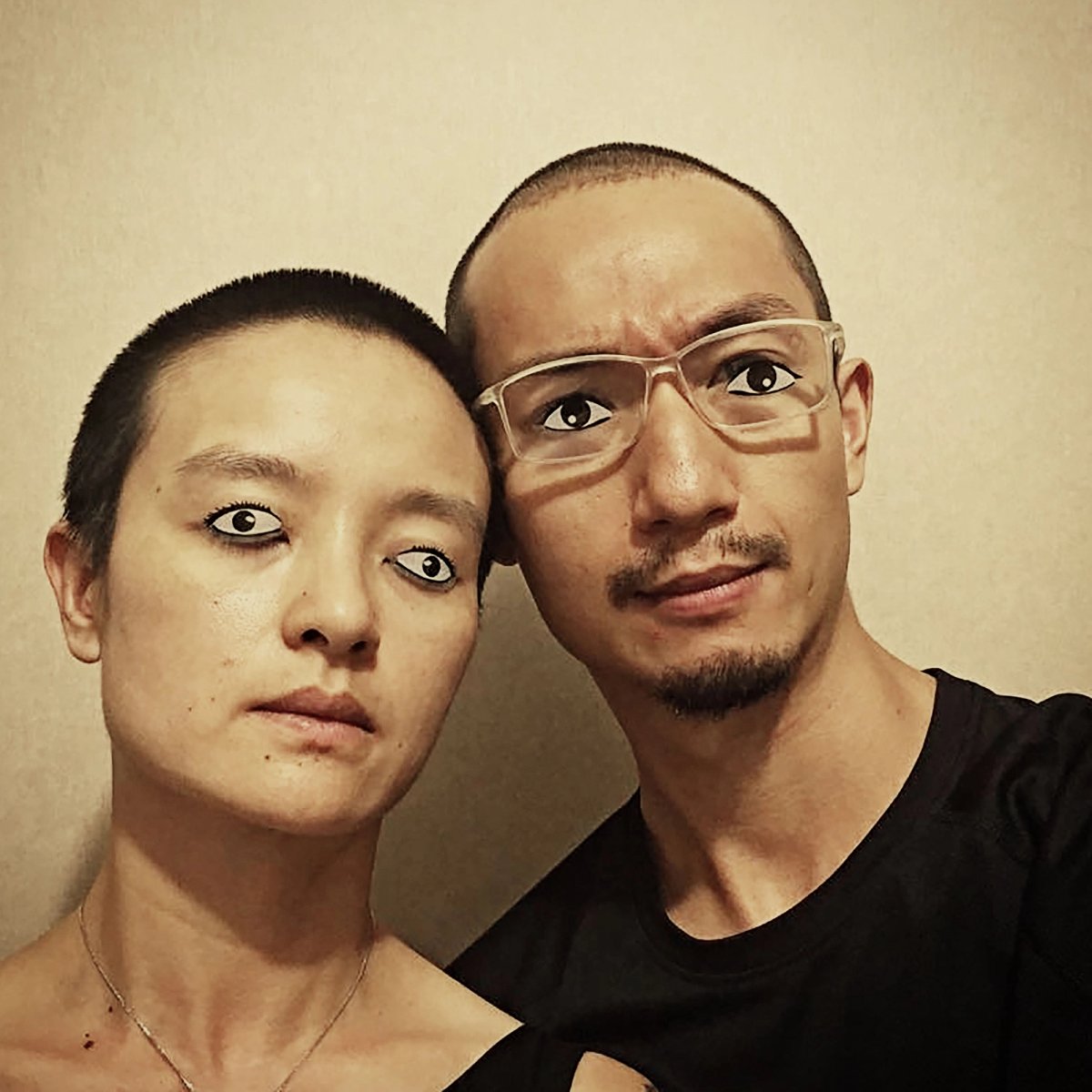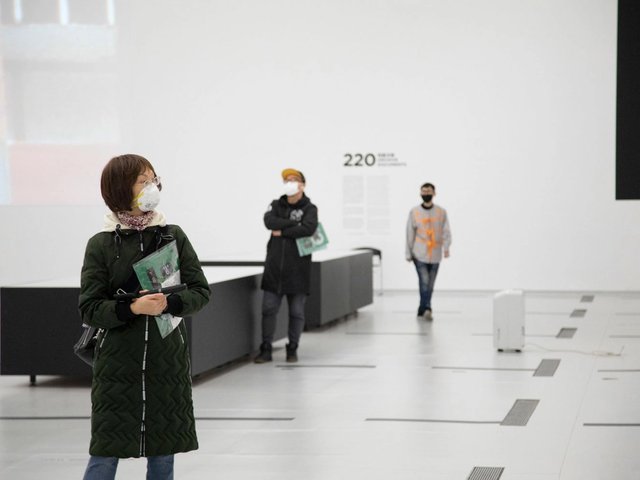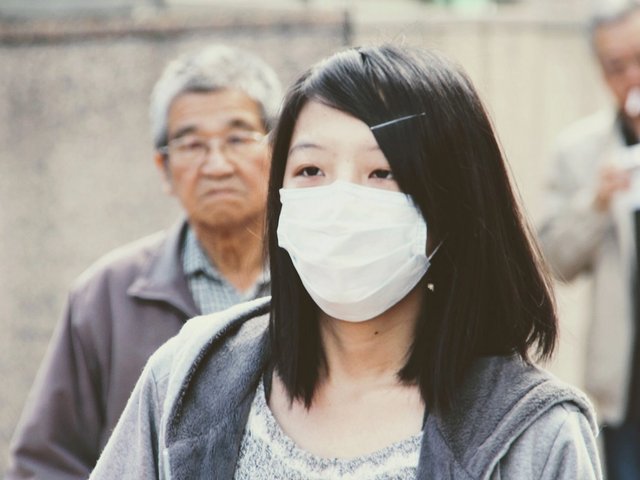More closures and postponements around Asia are being announced as the global shutdown over the 2019-novel coronavirus, or 2019-nCoV, stretches into a second week.
Australia, which since 1 February has banned non-citizen travellers who have been in mainland China within the last 14 days, and currently has had 14 cases of 2019-nCoV, refused entry to two performing artists from Shanghai, reports Australia’s ArtsHub. Performers Xiao Ke and Zi Han, who were scheduled to present their performance What is Chinese later this month as part of the Asia-Pacific Triennial of Performing Arts, were not allowed to board their outbound flight.
Today, Beijing’s UCCA Center for Contemporary Art released an announcement of its cessation of programming and extension of its Lunar New Year holiday closure for the remainder of February. “We are following guidance from national and local government authorities, and closely following further developments. The safety of our visitors, staff, collaborating artists, and other members of our community is of the utmost importance to us,” the statement reads. “Re-opening will take place based on the recommendations of local authorities.”
Two shows in its Beijing location, Immaterial/Re-material and a Yan Xing solo exhibition, respectively slated for 22 February to 5 May, as well as Resistance of the Sleepers at its Dune outpost, scheduled for March 8, will be postponed. The Beijing and Shanghai locations of UCCA Kids will be closed like all other educational institutions in the country, pending government notice, and the museum shop in Beijing is also shuttered. The statement says that its staff have been working remotely, but are tentatively scheduled to return to the office on 10 February. “The UCCA site is being sterilized every 24 hours in accordance with government standards, and temperature monitoring systems have been installed at all entrances,” the statement adds.
Gallery Weekend Beijing has announced that it will postpone or cancel its 2020 edition, originally slated to run from 13 to 20 March. Subsequent plans for the event, held annually since 2017, will be announced on 15 March.
“We have been closely following the development of the epidemic since Chinese New Year’s Eve (24 January),” Amber Yifei Wang, the director of GWBJ, tells The Art Newspaper. “Prior to the end of January, we decided that if there was no improvement by 2 February, our leadership team would hold an emergency meeting to discuss the situation. We have to prepare for the best and the worst in the face of enormous uncertainty.”
Postponement or cancellation will be decided, she says, “based on the development of the epidemic as well as the situation regarding prevention and control at that time, we will decide if the conditions allow for holding large-scale events. There are specific factors such as: whether transportation to Beijing has resumed, whether the suppliers of the event have resumed work, whether all of our interns and volunteers can come back to work safely, etc.”
Travel restrictions continue to be instituted across the Asia-Pacific region, and yesterday Hong Kong announced that all travellers from the mainland will be required to undergo a 14-day home quarantine. The Special Administrative Region has had 21 confirmed cases and one death from 2019-nCoV; its Beijing-controlled government has so far resisted public pressure for a full closure of the border with mainland China. The city has experienced runs on surgical masks and toilet paper.
As of 6 February, there are 28,070 cases in China, of which 19,665 are in Hubei Province, and 234 internationally. There have been 549 deaths in Hubei, most of a total of 564 in all of China, and one abroad, to a Chinese national in the Philippines, while 1,264 patients have recovered globally.




